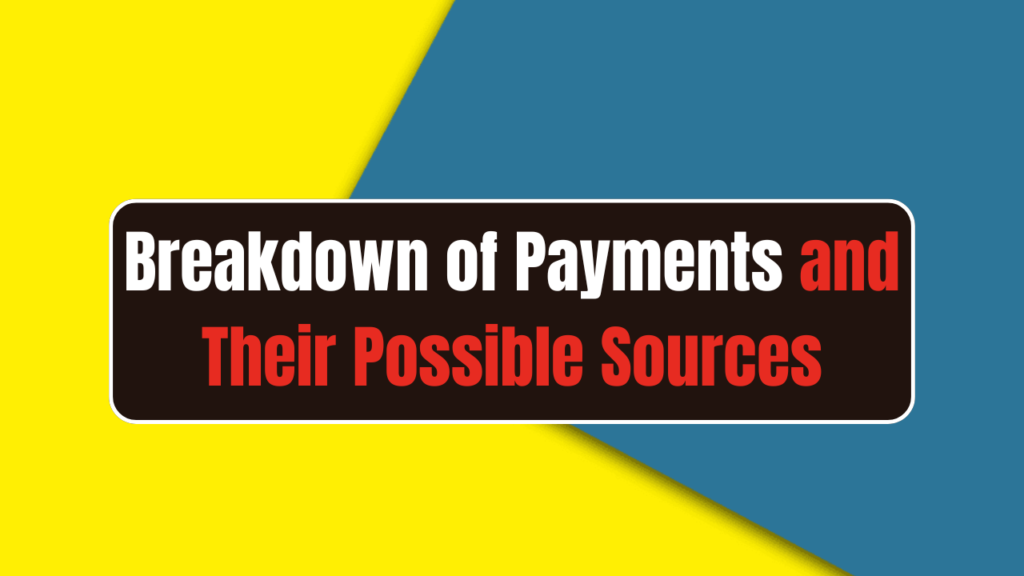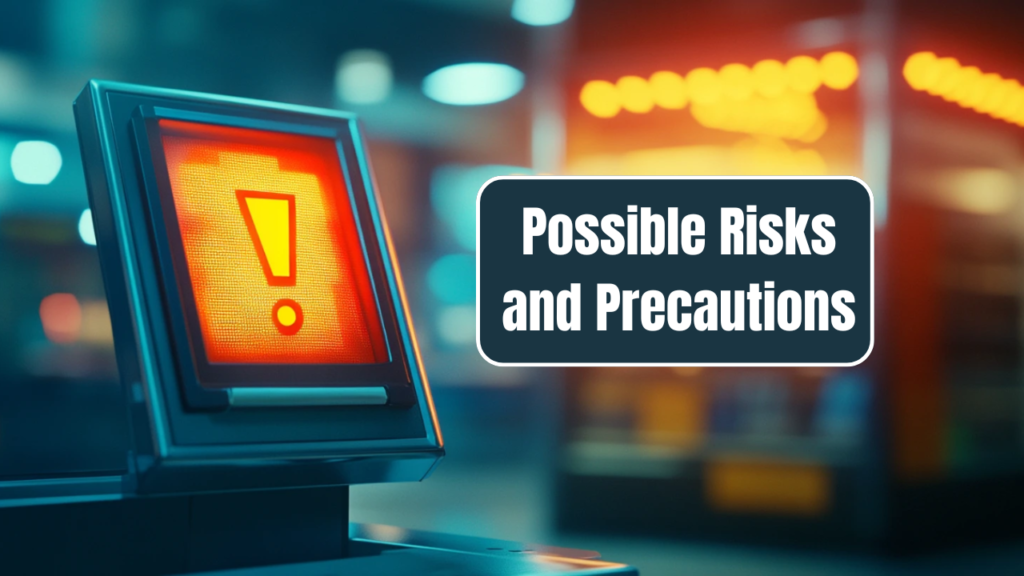Introduction
Many people across the UK have recently received an unexpected payment of £63 in their bank accounts, accompanied by a six-digit reference code. If you are one of them, you may be wondering what this payment is, where it came from, and whether you need to take any action. This article explores the possible reasons behind this surprise deposit, what it means for recipients, and whether any follow-up is required. Additionally, we provide insights into similar unexpected payments, how to verify their legitimacy, and steps to take if you believe there is an error.
Possible Reasons for the Surprise £63 Payment
If you have noticed an unexpected £63 credited to your account, there could be several explanations. Here are some of the most common reasons:
- DWP Cost of Living Payments: The Department for Work and Pensions (DWP) occasionally issues small payments to eligible claimants, including backdated or supplementary benefits.
- Tax Rebates: HMRC may refund small amounts due to tax overpayments, adjustments, or underpaid tax credits.
- Bank Compensation or Refunds: Some financial institutions may issue refunds due to errors, overcharges, or account adjustments.
- Energy Bill Rebates: If you receive government support for energy bills, some suppliers may issue rebates that appear as small bank deposits.
- Local Council Support Schemes: Certain councils provide hardship grants or discretionary payments to eligible residents.
Understanding the exact source of the payment is crucial to ensure that you do not mistakenly spend money that may later need to be repaid.

Breakdown of Payments and Their Possible Sources
| Source of Payment | Potential Reason for £63 Deposit | How to Verify |
|---|---|---|
| DWP Backdated Payment | Adjustment for benefits underpaid | Check DWP portal or contact support |
| HMRC Tax Refund | Overpayment refund from PAYE tax | Log in to HMRC account or call helpline |
| Bank Compensation | Refund due to service errors | Contact your bank for details |
| Energy Rebate | Government support for energy costs | Check your latest bill or supplier communication |
| Local Council Payment | Hardship support or discretionary grant | Visit your local council website or call their office |
The best way to confirm the legitimacy of the payment is to check official sources, such as government websites, your online banking transaction details, or recent correspondence from banks or service providers.
What to Do If You Receive This Payment
If you have received the £63 deposit and are unsure about its origin, follow these steps:
- Check Your Bank Statement: Look at the reference code that came with the payment. Often, government-related payments have specific codes or descriptions.
- Log In to Government Portals: If you receive benefits or tax credits, check your account on the DWP or HMRC website to see if the payment is listed.
- Contact Your Bank: If you suspect the payment is from your bank, call customer service to confirm.
- Do Not Spend It Immediately: Until you verify the source, avoid using the money in case it was mistakenly sent and requires a refund.
- Beware of Scams: Fraudsters sometimes deposit small amounts to gain access to your banking information. If you are unsure, report suspicious transactions to your bank or Action Fraud UK.
By taking these steps, you can determine whether the payment is legitimate and whether any further action is necessary.

Possible Risks and Precautions
While an unexpected payment can be a welcome surprise, there are some risks associated with accepting unverified deposits. Here are potential issues and how to handle them:
- Mistaken Payments: If the money was sent in error, the sender may request a refund. Always confirm legitimacy before spending.
- Banking Scams: Be cautious of fraudulent activities where scammers deposit small amounts and later attempt to withdraw larger sums.
- Overpayment Issues: If the payment comes from a benefit or tax rebate, spending it prematurely may lead to financial issues if later reclaimed.
- Identity Fraud: Unexpected deposits could be an attempt to verify your account for unauthorized access. Monitor your bank account regularly.
If you suspect any irregularities, report the issue to your bank or relevant financial authorities.
Conclusion
Receiving an unexpected £63 payment with a six-digit code can be puzzling, but it is often due to legitimate reasons such as government rebates, tax adjustments, or financial institution reimbursements. To ensure that the payment is genuine, always verify the source through your bank, government portals, or relevant organizations. While in many cases the payment may be yours to keep, it is best to avoid spending it until you have confirmed its legitimacy. Staying vigilant against scams and understanding financial transactions will help protect you from potential fraud or misunderstandings.
FAQs
1. Why did I receive a surprise £63 payment?
The payment could be due to several factors, including tax rebates, benefit adjustments, bank refunds, or government support schemes. Always verify the source before using the funds.
2. How can I check where the payment came from?
You can check your online banking transaction details, log in to government benefit portals, or contact your bank or HMRC to confirm the source of the deposit.
3. What should I do if I think the payment is a mistake?
If you suspect the payment was made in error, do not spend it immediately. Contact your bank or the organization responsible for the transaction to clarify the situation.
4. Could this payment be part of a scam?
Scammers sometimes use small deposits to test bank accounts or deceive recipients. If you are unsure about the legitimacy of the payment, report it to your bank or Action Fraud UK.
5. Will I have to return the money?
If the payment was made mistakenly by a government agency, financial institution, or another sender, they may request a refund. Always confirm its legitimacy before spending it to avoid potential financial issues.















